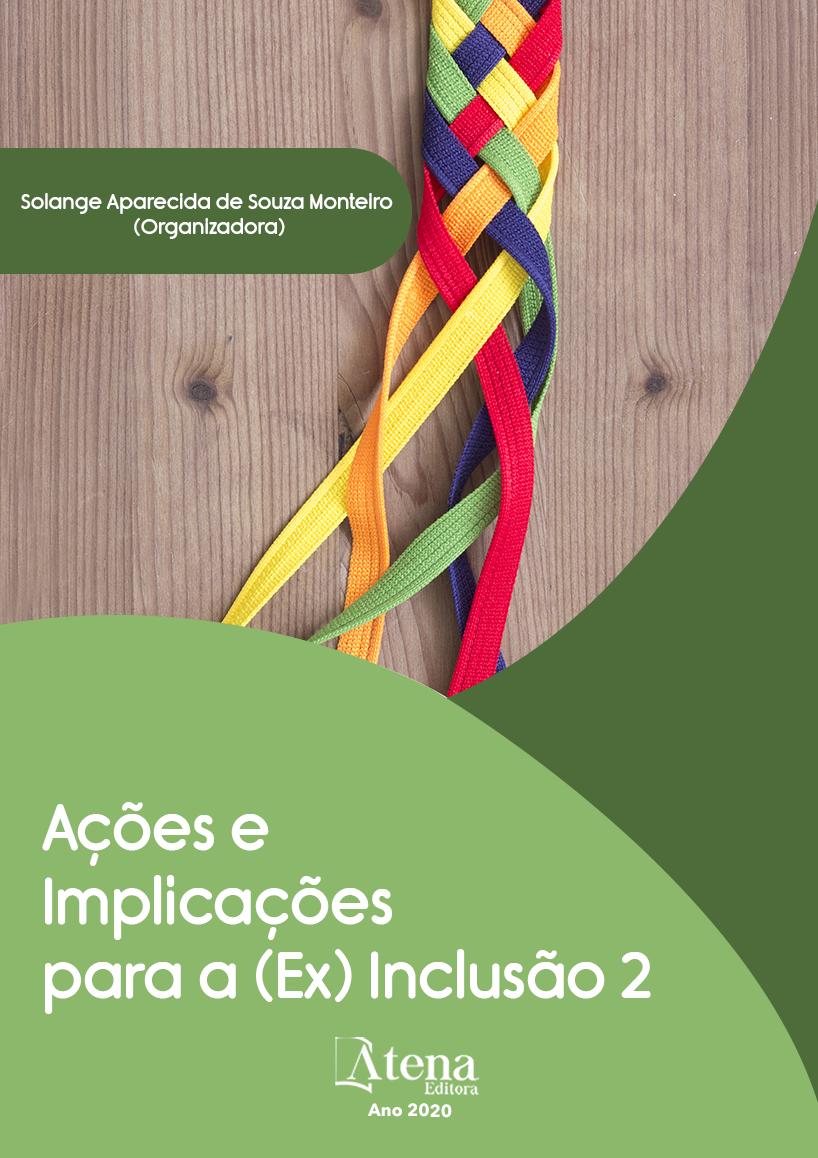
AS CONTRIBUIÇÕES DA PSICOLOGIA HISTÓRICO-CULTURAL PARA O PROCESSO DE INCLUSÃO ESCOLAR
Este texto objetiva dialogar sobre as
contribuições da Psicologia Histórico-Cultural
e do Método Materialista Histórico Dialético
para a Inclusão Escolar. O Materialismo
Histórico Dialético apresenta-se como um
instrumento para o conhecimento de uma
determinada realidade, e é pelo movimento do
pensamento, constituído pela materialidade e
pela consciência histórica do ser humano, que
esse método percebe as leis fundamentais que
determinam como se organizam os homens
durante a história da humanidade. Na Psicologia
Histórico-Cultural, o ser humano é resultado das
relações históricas, sociais e culturais. Tratase
de uma teoria baseada na noção de que
a essência da vida humana é cultural. Neste
sentido, parte-se da seguinte problemática:
como a Psicologia Histórico-Cultural pode
contribuir para a inclusão de alunos com
deficiência no ensino regular, uma vez que,
através de estudos e pesquisas de Vigotski
(1896-1934), percebe-se um novo olhar, uma
proposta de ressignificar quem é o aluno com
deficiência. Caracteriza-se como um estudo
teórico/bibliográfico, discutindo com autores
como Vigotski (1983, 1997, 1989), Marx (1985,
1984) e Netto (2011). Dado a complexidade da
atuação do professor mediante a diversidade
de alunos atualmente matriculados no ensino
regular, acredita-se que o mesmo deva pautarse
em um referencial teórico metodológico que
norteie sua prática, através de uma teoria que
trabalhe com o aluno na sua totalidade, num
processo de humanização e de autonomia do
sujeito.
AS CONTRIBUIÇÕES DA PSICOLOGIA HISTÓRICO-CULTURAL PARA O PROCESSO DE INCLUSÃO ESCOLAR
-
DOI: 10.22533/at.ed.1712004036
-
Palavras-chave: Psicologia Histórico- Cultural; Materialismo Histórico Dialético; Inclusão Escolar.
-
Keywords: Cultural-Historical Psychology; Dialectical and Historical Materialism; School Inclusion.
-
Abstract:
This text aims to discuss the
contributions of Cultural-Historical Psychology
and the Dialectical and Historical Materialism Method for School Inclusion. The Dialectical
and Historical Materialism presents itself as an instrument for the knowledge of a certain
reality, and it is through the movement of thought, constituted by the human being’s
materiality and historical consciousness, that this method perceives the fundamental
laws that determine how men have been organized throughout the history of mankind.
In the Cultural-Historical Psychology, the human being is the result of historical, social
and cultural relations. It is a theory based on the notion that the essence of human life is
cultural. In this sense, we start from the following problem: how can Cultural-Historical
Psychology contribute to the inclusion of students with disabilities in regular education,
since, through studies and research on Vigotski (1896-1934), we perceive a new look,
a proposal to redefine who the student with disabilities is. This study is characterized
as theoretical/bibliographical, and it discusses authors such as Vigotski (1983, 1997,
1989), Marx (1985, 1984) and Netto (2011). Given the complexity of the teacher’s work
considering the diversity of students currently enrolled in regular education, we believe
that the teacher’s practice should be guided and based on a methodological theoretical
framework, through a theory that considers the student as a whole, in a process of
humanization and autonomy of the subject.
-
Número de páginas: 11
- Solange de Castro
- Elisabeth Rossetto
- Sonia Ribeiro de Lima


